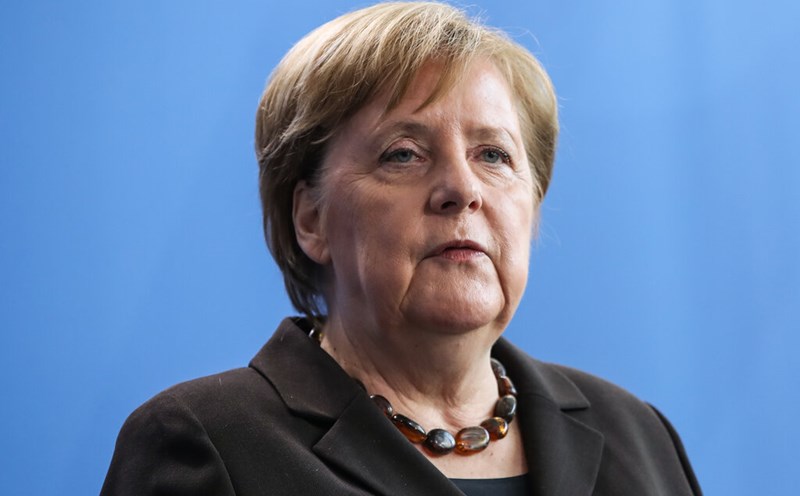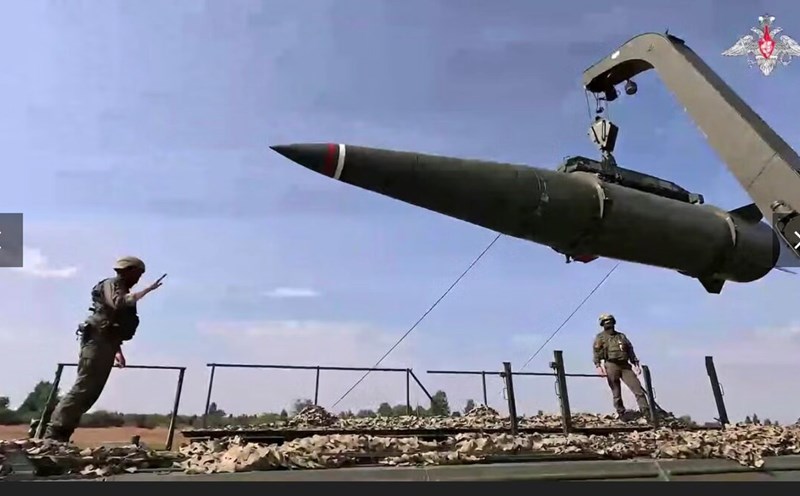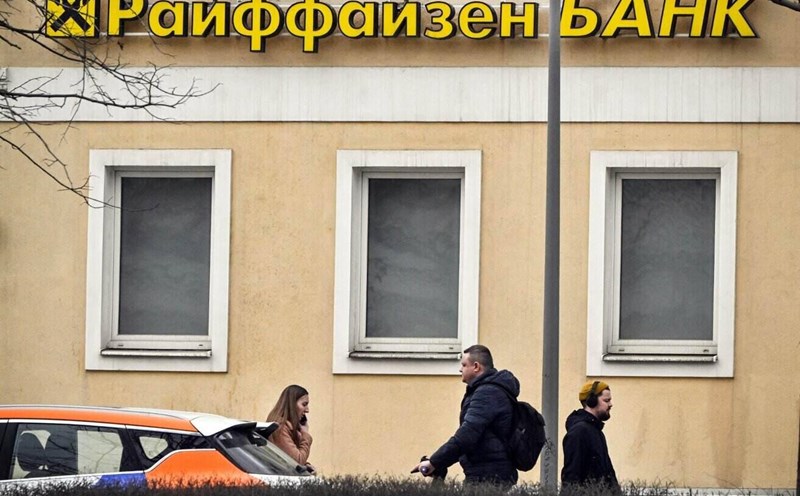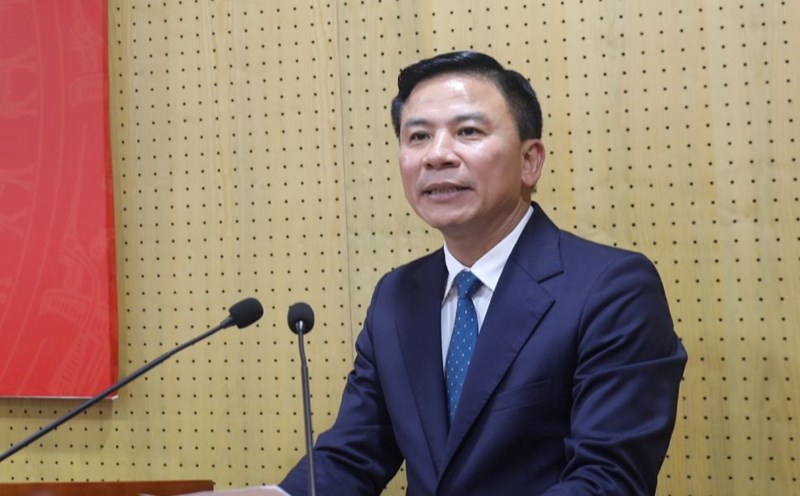After an online meeting last week, the G7 Finance Ministers, including Germany, the UK, Canada, France, Italy, Japan and the US, said they would increase pressure on Russia by targeting countries that are increasing their purchases of Russian oil or helping Russia avoid energy sanctions.
Turkey - a country heavily dependent on Russian energy - has so far not responded to US requests or statements from the G7.
According to the Turkish Energy Market Management Agency (EPDK), 66% of Turkey's oil imports last year came from Russia.
Turkish energy expert Necdet Pamir said the figure would be 68% in 2023 and 41% by the end of 2022. In 2024, 41% of Turkey's gas imports will also come from Russia.
The high proportion of Russian oil and gas in Turkey is a direct result of the Russia-Ukraine conflict. Sanctioned by the European Union, Russia has been forced to sell oil at lower prices. If Turkey stops importing Russian oil, it will not only face risks in energy security but also lose the current price advantage.
In fact, observers do not expect Turkey to soon stop buying Russian energy. Turkey is currently quietly pursuing another strategy: Diversifying supply.
During President Recep Tayyip Putin's recent visit to the US, state-owned BOTAS, Turkey's infrastructure and oil and gas trading unit, signed two long-term contracts to expand natural gas supplies.
A contract signed with US company Mercuria to supply 70 billion cubic meters of liquefied natural gas (LNG) over 20 years, starting in 2026. The remaining contract is with Australian company Woodside Energy, for the supply of 5.8 billion cubic meters of LNG.
In addition to the US, Turkey has also signed LNG contracts with Egypt, Algeria, Qatar and Nigeria in recent years.
However, Turkey still depends on Russia in many other energy fields. In 2022, 43% of Turkey's coal will be imported from Russia. The country's first nuclear power plant, the Akkuyu plant, is under construction with the support of Russian nuclear power giant Rosatom.
The Akkuyu project is behind schedule due to Russian sanctions, but Turkish Energy Minister Alparslan Bayraktar said the plant is expected to be operational in 2026, but the completion of the plant will take place before 2028.











